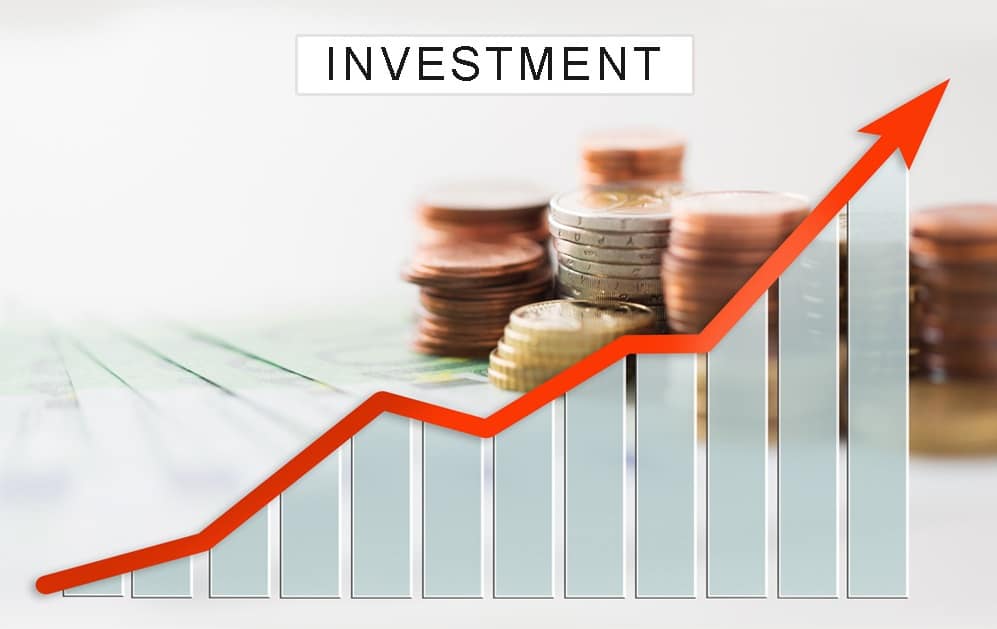An analysis of how fluctuations in the stock market influence the broader economy

February 28, 2025
Stock market volatility is a significant factor in determining the overall health of the economy. Sudden market fluctuations can cause ripple effects across sectors, influencing everything from individual savings to corporate investment strategies. Understanding the causes and consequences of stock market volatility is essential for both investors and policymakers alike.
What Causes Stock Market Volatility?
Several factors contribute to stock market volatility, including:
Economic Data and Indicators Economic reports, such as unemployment rates, inflation figures, and GDP growth, play a major role in market fluctuations. Positive data often leads to market rallies, while disappointing figures can prompt sell-offs.
Interest Rates Central bank policies regarding interest rates significantly impact the stock market. When the Federal Reserve raises interest rates to control inflation, borrowing costs increase, which can lead to lower corporate earnings and, in turn, a drop in stock prices.
Political Events and Global Instability Elections, geopolitical tensions, and global crises (such as pandemics or wars) can create uncertainty, leading to heightened volatility in financial markets.
Corporate Earnings Reports Earnings reports from major companies can cause significant stock price swings, especially when the results deviate from analysts' expectations.
Speculation and Market Sentiment Investor behavior can contribute to volatility, especially when emotions like fear or greed take over. Speculative bubbles, such as those seen in the dot-com era or the housing market prior to the financial crisis, demonstrate how herd behavior can destabilize markets.
Impact on Economic Growth and Stability
Investment Decisions When markets are volatile, both individual and institutional investors may become more cautious. Investors may delay or reduce their investments in stocks, potentially resulting in lower overall capital for businesses, which could hinder economic growth. Conversely, periods of stable market growth encourage increased investment, fostering innovation and expansion.
Consumer Confidence Stock market fluctuations have a direct effect on consumer confidence. A significant drop in stock prices can create anxiety about personal wealth, leading to reduced consumer spending. On the other hand, sustained market gains can boost confidence and spending, stimulating demand for goods and services.
Corporate Investment Strategies Volatility can affect corporate decisions regarding expansion, hiring, and spending. Companies might hold off on investing in new projects or hiring new employees during periods of heightened uncertainty, affecting the job market and overall economic activity.
Retirement Savings Many Americans rely on the stock market for retirement savings through 401(k) plans and individual retirement accounts (IRAs). Fluctuations in the market can have a significant impact on the value of these savings. A sharp downturn may delay retirement plans or force individuals to alter their lifestyle expectations.
Banking and Credit Markets Stock market instability can also influence the banking sector. If stock prices plummet significantly, financial institutions may experience liquidity issues. This can make borrowing more expensive, further tightening the availability of credit for consumers and businesses, ultimately slowing down economic growth.
Market Volatility and Long-Term Stability
While short-term volatility can cause disruptions in the economy, long-term stability often prevails. The key lies in market resilience—how quickly the market bounces back after periods of stress. Historically, the stock market has shown the ability to recover from downturns, although recovery periods can vary significantly based on the severity of the shock.
Role of Federal Reserve and Central Banks Central banks play a crucial role in maintaining long-term stability by using monetary policy tools to manage inflation and smooth out volatility. By adjusting interest rates and implementing quantitative easing (QE) programs, central banks can help buffer the economy from extreme volatility.
Diversification and Risk Management For individual investors, diversifying investments across different asset classes and sectors can help mitigate the risks of stock market volatility. Maintaining a balanced portfolio can cushion against market swings and provide more stability to individual wealth.
Global Investment Diversification Global diversification allows investors to hedge against domestic market volatility by investing in international assets. A well-diversified global portfolio is less susceptible to regional financial disruptions and can help stabilize long-term returns.
Mitigating the Impact of Volatility
Policy Interventions Policymakers can intervene in times of severe market instability to prevent broader economic collapse. For instance, the U.S. government’s intervention during the financial crisis—through initiatives like the Troubled Asset Relief Program (TARP)—helped stabilize the banking system and prevent further economic decline.
Market Regulation and Oversight Strong market regulations and oversight help to ensure transparency and fairness in financial markets. By curbing speculative excesses and reducing fraud, regulators can help mitigate the risk of market bubbles and crashes.
Long-Term Perspective Investors with a long-term perspective often find success in weathering market volatility. Short-term market fluctuations may be unsettling, but consistent investment in well-established assets, such as blue-chip stocks or diversified mutual funds, can yield long-term benefits

Exploring the latest changes in U.S. investment policies and their impact
The U.S. investment landscape in 2025 is undergoing significant shifts due to economic policies, trade regulations, and financial reforms. This article explores key policy updates, their effects on investors, and future economic implications

Impact of U.S. Policies on Global Economy
U.S. economic decisions influence global markets through trade policies, interest rates, and regulations, shaping financial trends and international stability

Key Insights on Policy Shifts and Market Impact
Recent U.S. policy changes are reshaping investment landscapes. Investors must stay informed about regulatory shifts, economic trends, and potential risks

U.S. Fiscal & Monetary Impact on Investments
Explore how U.S. fiscal policies and monetary decisions shape investment trends, affecting markets and economic strategies

The Impact of U.S. Government Spending on Investments
Government spending plays a crucial role in shaping the investment market by influencing economic growth, stock prices, bond yields, and investor confidence

U.S. Growth and Investment Trends
Explore how investment strategies shape U.S. economic growth, influencing markets, businesses, and financial trends for long-term stability

Understanding U.S. Reforms and Their Impact on Investors
Recent U.S. reforms are reshaping investment strategies, affecting markets, businesses, and investor confidence. Learn how these changes influence financial decisions

Understanding the Impact of U.S. Policies on Investments
U.S. policies continue to evolve, significantly impacting investment landscapes. This article delves into the most important policy changes expected to shape investment decisions and market behavior in the coming years. From government regulations to fiscal strategies, we analyze how investors can navigate the challenges and seize new opportunities as U.S. policies unfold

Understanding the U.S. Influence on Global Investment Trends
U.S. policies and trends have a profound effect on global investment strategies. This article explores the key factors, including fiscal, monetary, regulatory, and technological changes in the U.S. that are influencing investment strategies worldwide. Global investors must adapt to U.S. policy shifts to stay competitive in the market
The Atlantic Daily
Get our guide to the day’s biggest news and ideas, delivered to your inbox every weekday and Sunday mornings. See more newsletters
.webp)
Ideas That Matter
Subscribe and support more than 160 years of independent journalism.
Subscribe